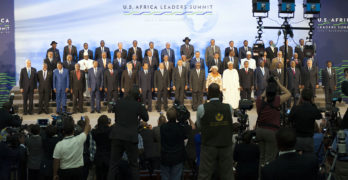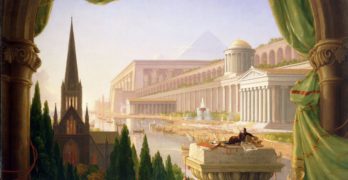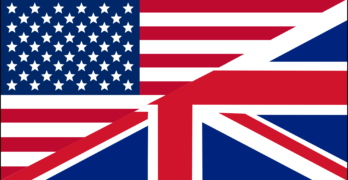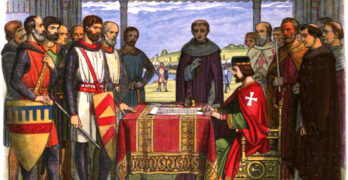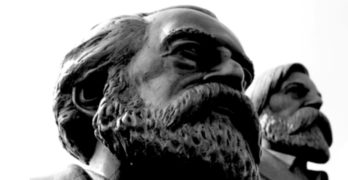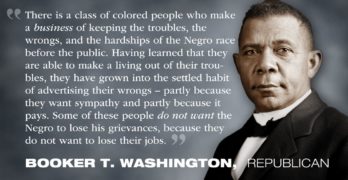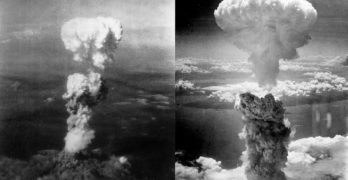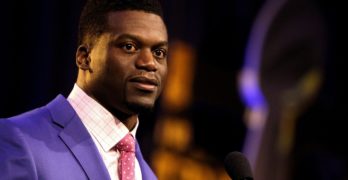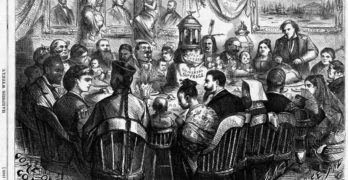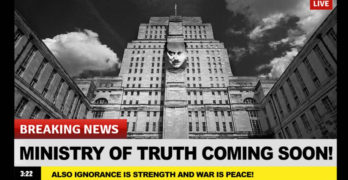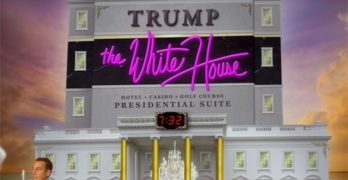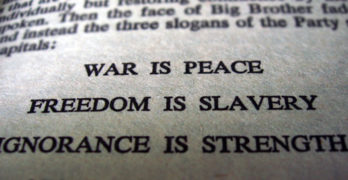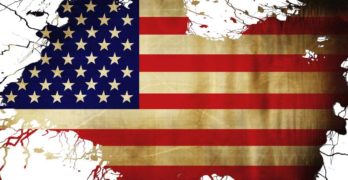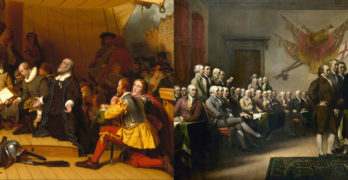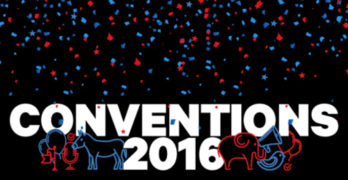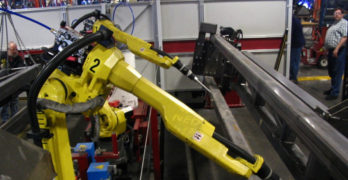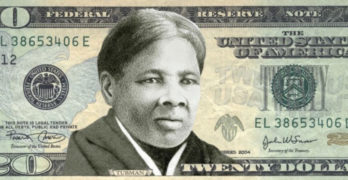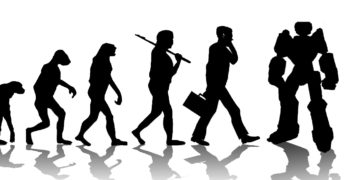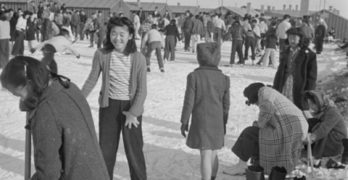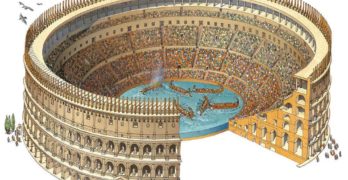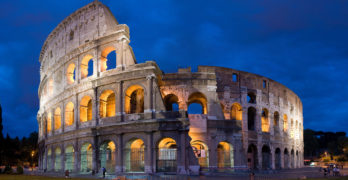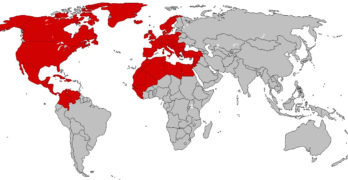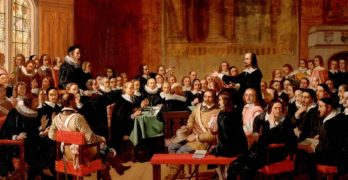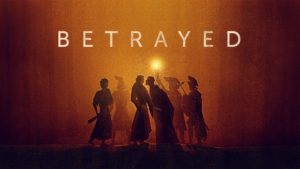 People everywhere are following the same sequence of nursery, school, primary school, college, university, and then finding a job or career. After finding a job, then what?
People everywhere are following the same sequence of nursery, school, primary school, college, university, and then finding a job or career. After finding a job, then what?
For years we’ve heard people telling us, “Do well in school, go to university and you will go far.” But the question is, What did people do before the public school system was created? They were homeschooled using a system of apprenticeship.
As matter of fact, this system of apprenticeship homeschooling is what many black people did before they were allowed into the public school system.
Subsequently, these parent and community led skills programmes were formalized by government bureaucracy, regulations and licensed to become technical colleges and polytechnics.
And so, dear reader was born the modern public school system.
Education in Public Schools Creates a Common Culture
Neil Postman, in his book, The End of Education, Redefining the Value of School, asserted that a “school’s primary function is to create a common culture among citizens through the communication of a unifying purpose.” The reason for this is that public education does not serve a public; rather, it creates a public.
Postman further argued that the school system’s current narratives at best fail to sufficiently inspire and, all too often, fail to communicate anything at all.The idea of public education depends absolutely on the existence of shared narratives, and the exclusion of narratives leads to alienation and divisiveness.
Here’s one version of events of the education system that has not changed in 120 years offered by Prince EA
Schools were largely decentralized- in the hands of states and local communities rather than the federal government.
This story has been cited by many home educators as we call them in England and by libertarians. It is an argument that has featured in one of Sir Ken Robinson’s TED Talks. Here again is the video:
What makes public schools public is not that the schools have common goals but that the students have common gods. Chief among these failing gods is economic utility, the view of school’s highest purpose as preparation for the workplace. Neil Postman again says:
Here it is necessary to say that no reasonable argument can be made against educating the young to be consumers or to think about the kinds of employment that might interest them. But when these are elevated to the status of a metaphysical imperative, we are being told that we have reached the end of our wits—even worse, the limit of our wisdom.
Public School History
When Frederick the Great approved Prussia’s education system in the late 1700’s, Prussia was not highly industrialized but militarily powerful. In fact the key to the Reformation’s success was not from Martin Luther but from the military might of Frederick the Great.
Luther’s writings and conduct were reprehensible to the Roman Catholic Church, and he would have been on trial as a heretic and burned alive if it was wasn’t Frederick, who decided to give protection to this German reformer.
When Roman Catholicism was removed as the official state, religion, Luther produced an entire ecclesiastical structure to establish a whole new state religion from ground up.
He created a flood of Lutheran literature and got it distributed. He created a Protestant catechism for children, a Protestant hymn book and a protestant Bible, which he translated, published and distributed.
Luther re-designed the pulpit which the Catholic priest had climbed up to by means of a circular staircase to a device that centralized and monopolized sharing and communication, leaving it strictly in the hands of paid employees with professional training-while we sit silently in the pews; just like children sit in the classrooms.
While doing all this, he taught and trained ex-priests to become Lutheran ministers and Bible expositors to churches that had now become empty. These Lutheran ministers were looked upon as a Protestant version of a priest. Up until that time the pastoral role, practice of the Protestant world, did not exist.
The modern-day pastoral concept began in Prussia, Germany. So did our public education system and other “New Testament practices.”
So when Frederick the Great formalized Prussia’s education system, Luther wholeheartedly agreed with him. He was the “first modern writer to urge public compulsory education and proposed that the state should pass legislation and enforce it.”
His idea of compulsory education spread to the Germans, and, as a result, all of Europe developed theories of mandatory public education, which would eventually influence the whole world.
From the early 1600s to early 1800s, there were no public schools in America or England.
There was a variety of educational systems that involved the home, the church, charitable schools for the poor, apprenticeships, private self-directed studies, and libraries.
The educational system in England until the 1800’s minimized state provision and maximized parental responsibility in regards to the schooling of children.
The Church of England was responsible for most education until the establishment of free, mandatory education toward the end of that century. Most of the schools that existed before this were run by the church, emphasizing religious education while resisting all attempts by the state to provide education.
Across the Atlantic America’s original educational tradition was predominantly Christian and lasted from the initial settlement of America until the end of the War Between the States. The current government school system in America started in 1830s in Massachusetts, and it was then known as the Common School System.
In 1852 Massachusetts became the first state to enact compulsory attendance laws. The driving force for the common school program that preceded today’s public system was widely successful in most institutions.
This Common school system was successful because the Puritans had institutionalized religion into the curriculum for the purpose of instilling good morals and obedience to God’s Word.
In fact, foreign visitors who came to the United States at that time were astonished at the high level of literacy in the United States.
For instance, in the 1830s when Alexis de Tocqueville visited the United States, he noted that education had taught them the utility of instruction and had enabled them to transmit that instruction to their posterity.
There was no national control of education, even the one he considered “primitive and backward and who penetrates into the wilds of a New World with the Bible, an axe, and a file of newspapers” was highly educated.”All one had to do was to read a Farmer’s Journal”, writes Sam Blumenfeld, to realize the high level of literacy that was enjoyed by the general population in America prior to the advent of the public school system.
When the intellectual elite centred at Harvard University, which had been founded in 1638 by Calvinists, religious liberalism in the form of Unitarian heresy became so strong at Harvard, that the Calvinists were expelled.
From then on Unitarianism reigned supreme at America’s foremost university, and its influence spread slowly over the rest of the academic world. The Unitarians no longer believed in salvation through Christ, whom they considered to be a great teacher but not divine.
Salvation was now to be attained through an education controlled by government. Only government could provide the kind of secular, non-sectarian education that could lead to reason-based moral perfectibility. So believed the Unitarians.
De Tocqueville concluded:
It cannot be doubted that, in the United States, the instruction of the people powerfully contributes to the support of a democratic republic; and such must always be the case, I believe, where instruction which awakens the understanding is not separated from moral education which amends the hearts.
But I by no means exaggerate this benefit, and I am still further from thinking, as so many people do think in Europe, that men can be instantaneously made citizens by teaching them to read and write.
True information is mainly derived from experience; and if the American had not been gradually accustomed to govern themselves, their book-learning would not assist them much at the present day.
Unfortunately, while the church lost the willpower to stand, secular humanists devised means of using taxpayer money to indoctrinate students, while at the same time making it more difficult for the church to operate Christian schools or parents to home school their children.
As a result, many of us have been indoctrinated by the politically correct curricula, that we have no idea how to form opinions apart from those of the collective herd. Many notable people have been warning us that “the factory model of education” creates a compliant populace. Therefore, we ignore them at our own peril.
When one considers, what’s going on in the educational system, he/she must face the fact schooling was everywhere in the past devoted to the promotion of literacy. It was identified with acquiring real life skills that prepare you for the “real world.”
Unless Christians wake up and return to a biblical model of homeschooling, Christian education or master-apprentice relationship, we can longer escape the reality that children in public schools have received more indoctrination than they have education.
To know this is the case, one has to compare the morality of society in the West before the public school system existed to what it is today.
The Lord willing, in the next post, we shall look at how the public education system drifted away from its founding narratives of biblical instruction and individual freedoms, and has been replaced by the narratives of economic utility and the “factory of model of education.”






